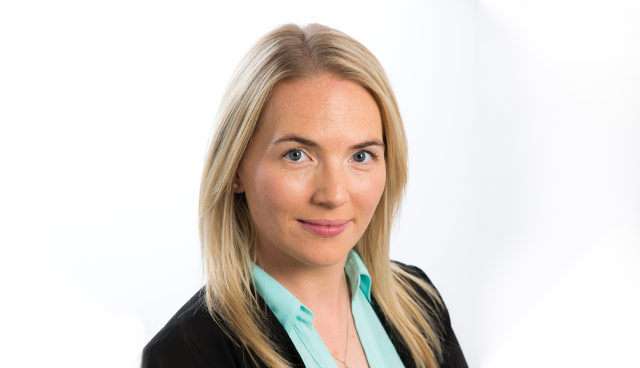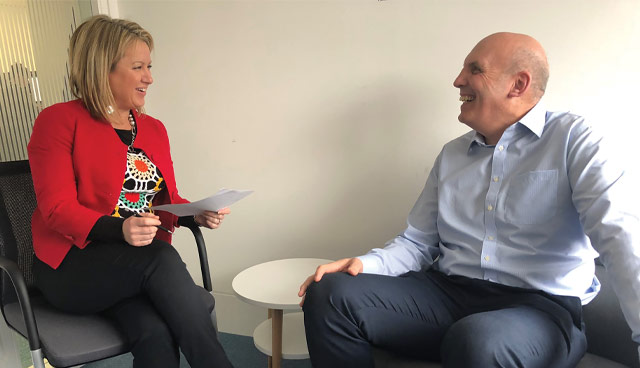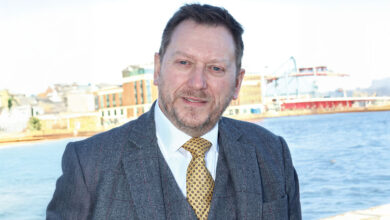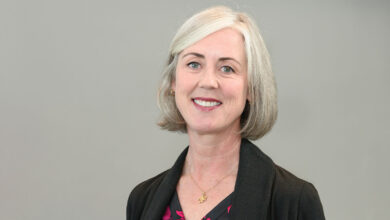Arup: Facing the equality, diversity and inclusion challenge

Carol Andrews, Arup’s equality, diversity and inclusion (EDI) champion for the West, discusses the organisation’s launch of their Total Inclusion Strategy in 2019, which sets out the company vision for EDI by 2021.
Arup is committed to an integrated approach to EDI across all our projects and work. Our approach ensures:
- diverse people from all parts of society working at Arup and shaping our work;
- valuing everyone who works with us;
- collaborating with clients and partners who share our commitment to being diverse and inclusive; and
- leading the way in creating user-centred solutions that benefit diverse people and communities.
Arup has been carefully considering the business case around more diverse workforces at all levels and highlighting the benefits to project and clients. We are educating staff to improve engagement and increase the priority of diversity in all areas of our work. Some of the key benefits to promoting an inclusive and diverse workforce apart from it being the ‘right thing to do’ include:
- better utilisation of existing talent;
- increased marketplace understanding;
- enhanced breadth of understanding in leadership positions;
- enhanced creativity and innovation; and
- increased quality of team problem-solving.
As an Engineer in the Northern Ireland infrastructure sector, I am surrounded by project challenges every day. From my experience, the best way to overcome a problem is to understand it fully, look at options to solve the problem and implement the best solution. I think of the equality, diversity and inclusion challenge in a similar way and as the EDI champion for the West in Arup, I have tried to help tackle the inclusion challenge in the same way I approach my project work.
What is the problem?
Back in 2017, I returned from maternity leave after having my first child and within weeks was invited to a workshop to review the disappointing diversity and inclusion performance within the West sub-region. At that time, Arup did not have a Grade 9 female Director in the West and the pipeline of female staff in the mid management grades was well below our 40 per cent gender split aspiration.
The workshop was designed to discuss the existing issues and generate ideas and initiatives to catalyse change. This session exposed several areas of improvement with the common theme that we needed more proactive, visible, buy-in from leadership and it was recognised that diversity issues can only be tackled comprehensively if leaders have a deep and personal understanding of them.
What changed?
A steering group was formed and a series of pilot schemes in 2017 paved the way for collective feedback and improvement. Building on those pilots, we’re now rolling out full programmes for the following initiatives:
Reverse mentoring
Reverse mentoring is designed to educate leadership in diversity issues experienced by staff by exposing them to challenging dialogue they previously might not have been exposed to. For a reverse mentoring relationship to be effective and to prevent the senior manager from slipping into leading behaviours, several factors need to be in place. As a group we established a set of ground rules and the top priorities included confidentiality, openness and trust. The feedback from the reverse mentoring pilot was excellent with all mentees wishing to continue their mentoring relationships. The initiative has now been rolled out formally with all Directors and Associate Directors in the West scheduled to be mentored by 2020.
Open door surgeries
Monthly opportunities are given to staff to meet one-to-one with a Director and have a discussion on career opportunities, have some informal mentoring or raise issues regarding EDI. This initiative has made the leadership more accessible and has led to members of staff feeling they can speak openly and get support if needed.
Mid-grade group
Retention of our mid-grade staff is critical in maintaining a diverse leadership pipeline and it was recognised that following professional qualification attainment, such as chartership, the mentoring and support programme for this cohort required strengthening. In response, a mid-grade peer group was established to provide support, knowledge sharing and also a voice to the board to communicate the issues faced by this group. This initiative is still in its pilot stages but the initial feedback has been overwhelmingly positive from staff involved who are raising issues and working together to suggest meaningful solutions.
Provocations
During our initial inclusion challenge workshops in 2017, the idea of a safe space to openly challenge and discuss EDI issues was not readily available in Arup. In order to enable difficult issues to be discussed amongst the wider staff each office hosts a series of provocation events bi-annually. Each event has grown in popularity and can push the audience outside their comfort zones. This form of engagement has raised the awareness of EDI issues effectively and also captured new ideas and thoughts on how improvements can be made in the future. Some examples of the provocations include:
- Arup should require senior males outside London (in the UK) to retire at 55;
- Arup should make it mandatory for fathers to take extended parental leave to contribute to a higher performing business (to help them learn to treat mothers on maternity leave as normal people); and
- we are burdened by the past. Arup should incentivise demotion of older staff to help it be a progressive and efficient firm that is more adaptable to changing times and new technology.
EDI on our projects
In Arup our aim is to ‘shape a better world’ in everything we do. This is never more important than in the projects we deliver and the design we promote. Within Arup we are committed to ensuring all our projects consider the society we live in and deliver solutions will all users in mind. For this reason, we are increasing investment on enhancing the inclusion and accessibility on our design outputs with several initiatives including:
- How well can you see your city? An Initiative targeted at exploring opportunities to improve the built environment for people with a visual disability; and
- Designing for Urban Childhoods: A piece of work specifically looking from the perspective of children in how they live and thrive in urban spaces and cities.
Our journey into EDI continues to expand and I am delighted that the subject matter includes areas other than gender such as neuro-diversity, hidden disabilities, sexuality, ethnicity and culture. From my point of view, the end goal is that Arup builds a truly inclusive environment for people to enjoy their work but most importantly come to work every day and be themselves.
Carol Andrews
E: carol.andrews@arup.com
W: www.arup.com
Twitter: @ArupGroup







